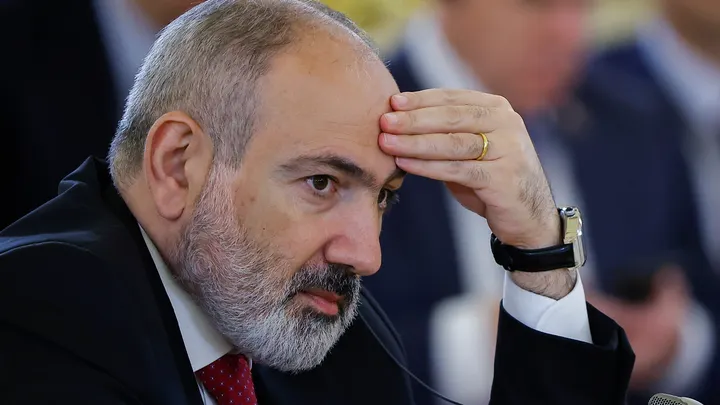A National Uproar
A significant political upheaval has emerged in the heart of Yerevan, Armenia’s capital. Thousands of protesters convened on Thursday, expressing vehement demands for Prime Minister Nikol Pashinyan’s resignation. This collective outcry was ignited by the government’s decision to cede several border villages to Azerbaijan, a move perceived as a betrayal amid ongoing territorial disputes that have already precipitated two wars since the dissolution of the Soviet Union.
The Spark of Protest
Rising Tensions and Historic Disputes
The seeds of discontent were sown when Armenia announced in April that it would relinquish control over certain villages to Azerbaijan following a swift military operation by Azerbaijan in Nagorno-Karabakh in September. This operation displaced tens of thousands, many of whom found refuge in Armenia and joined the burgeoning protests against Pashinyan’s administration. The protesters, led by prominent figures such as Archbishop Bagrat Galstanyan, embarked on a 100-mile march to Yerevan, culminating in a large rally at Republic Square.
A Call for Action
Clerical Leadership and Demands for Change
During the protest, Archbishop Galstanyan played a pivotal role in leading the march and addressing the crowd with a stirring call to peaceful disobedience should their demands remain unheeded. “Engage in peaceful acts of disobedience,” he urged, setting a one-hour ultimatum for Pashinyan’s resignation. This strong clerical influence underscored the deep-seated frustration and sense of betrayal felt by many Armenians.
Strained Alliances and Diplomatic Moves
Pashinyan’s Troubled Ties with Moscow
Complicating matters further, Pashinyan’s recent visit to Moscow and discussions with Russian President Vladimir Putin highlighted the growing rift between Armenia and its historically closest ally, Russia. Amidst Armenia’s pivot towards Western affiliations and distancing from Moscow-led alliances, tensions have escalated. This diplomatic tightrope has not only strained bilateral relations but has also cast a shadow over regional security dynamics, especially as Russia grapples with its military commitments in Ukraine.
A Nation at a Crossroads
As Armenia stands at a pivotal juncture, the protests in Yerevan represent more than just a demand for political accountability; they symbolize a broader struggle for national integrity and strategic autonomy. The outcomes of these protests and Pashinyan’s response will undoubtedly shape Armenia’s path forward in its domestic governance and international alliances. The nation watches and waits as the echoes of the past wars loom over its future decisions.







